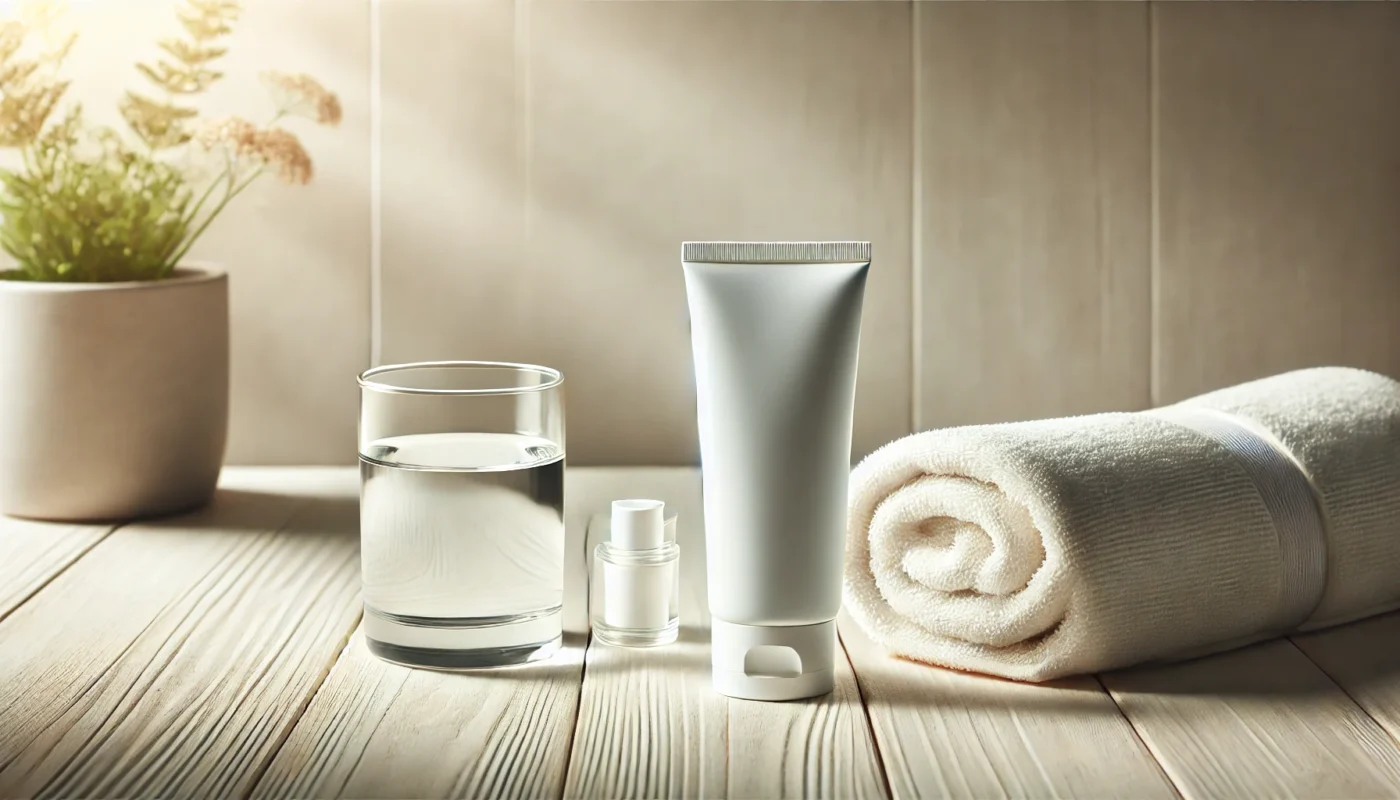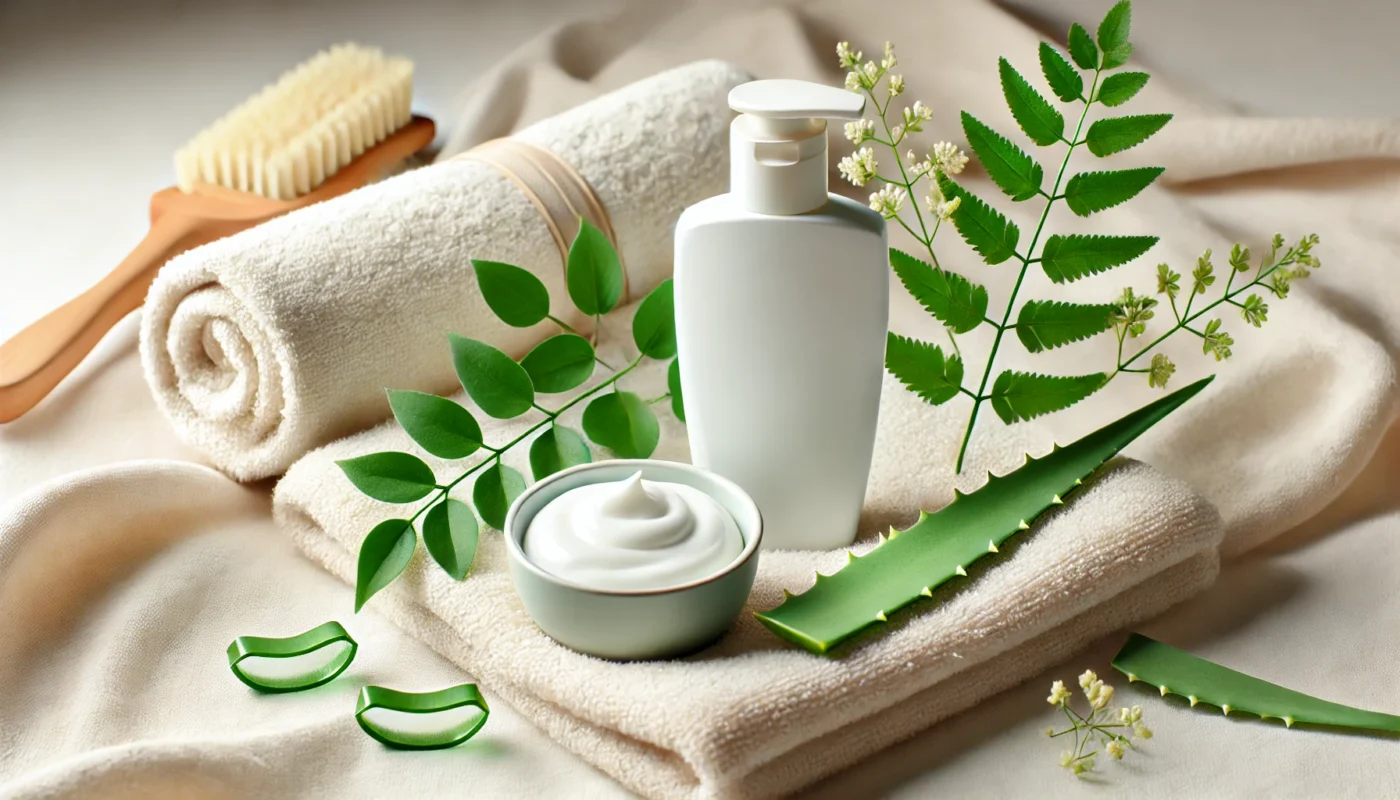Cancer treatments, such as chemotherapy and radiation, can significantly alter skin sensitivity, making it more susceptible to sun damage. The skin’s natural barrier becomes compromised, necessitating a heightened level of protection. Sunscreens play a vital role in safeguarding the skin, preventing sunburn, and reducing the risk of long-term damage. The best face sunscreen for cancer patients should provide robust protection while being gentle on the skin.
You may also like: Essential Tips for Sun Protection Daily
Effects of Cancer Treatments on Skin Sensitivity
Chemotherapy drugs, while targeting cancer cells, can also affect rapidly dividing skin cells, leading to increased sensitivity and dryness. Radiation therapy, on the other hand, can cause skin irritation, redness, and peeling, making it crucial to avoid additional sun damage. The combination of these treatments can leave the skin feeling fragile and easily irritated, making sun protection a top priority.
The Role of Sunscreen in Skin Protection
Sunscreen acts as a barrier, either absorbing or reflecting harmful UV rays that can further damage already sensitive skin. This protective layer is essential for preventing sunburn, which can exacerbate treatment side effects and lead to longer recovery times. By minimizing UV exposure, sunscreen helps maintain skin integrity and supports the healing process.
Psychological Benefits of Skin Protection
Protecting the skin from sun damage not only has physical benefits but also psychological ones. Cancer patients often face a challenging emotional journey, and maintaining skin health can boost self-esteem and confidence. Knowing that you are taking proactive steps to care for your skin can provide a sense of control and empowerment during treatment.
The Science Behind Sunscreen
Sunscreens work by either absorbing or reflecting UV radiation, preventing it from penetrating the skin. They are formulated with active ingredients that either block or absorb UV rays, offering varying degrees of protection. There are two main types of UV radiation: UVA and UVB. UVA rays penetrate deeply into the skin and are primarily responsible for premature aging, while UVB rays cause sunburn and contribute to skin cancer. Therefore, a broad-spectrum sunscreen that protects against both UVA and UVB is essential.
Mechanisms of Action: Absorption vs. Reflection
Chemical sunscreens absorb UV radiation through their active ingredients, converting the rays into heat and releasing it from the skin. This process prevents UV rays from causing cellular damage. Physical sunscreens, on the other hand, use minerals like zinc oxide and titanium dioxide to create a reflective barrier on the skin’s surface, bouncing UV rays away. Understanding these mechanisms helps in choosing the right type for sensitive skin.
Importance of Broad-Spectrum Protection
Broad-spectrum sunscreens provide comprehensive protection by guarding against both UVA and UVB rays. UVA rays can cause deep skin damage and premature aging, while UVB rays are primarily responsible for sunburn and can contribute to skin cancer. A sunscreen offering broad-spectrum protection is crucial for minimizing risks associated with both types of UV radiation.
Understanding SPF and Its Significance
The Sun Protection Factor (SPF) indicates the level of protection a sunscreen provides against UVB rays. An SPF of 30, for example, allows you to stay in the sun 30 times longer than you could without protection before burning. For cancer patients, a higher SPF is recommended to ensure maximum protection, as their skin is more vulnerable to UV damage.

Key Features to Look for in Sunscreen for Cancer Patients
When selecting a sunblock for cancer patients, it’s important to consider specific features that cater to the unique needs of sensitive skin.
Broad-Spectrum Protection
Ensure the sunscreen offers broad-spectrum protection, guarding against both UVA and UVB rays. This comprehensive protection minimizes the risk of sunburn and long-term damage.
Physical (Mineral) Sunscreens
Physical sunscreens, containing active mineral ingredients like zinc oxide or titanium dioxide, sit on the skin’s surface and reflect UV rays. They are less likely to cause irritation compared to chemical sunscreens, making them a safer choice for sensitive skin.
Hypoallergenic and Fragrance-Free Formulas
Opt for hypoallergenic and fragrance-free sunscreens to minimize the risk of allergic reactions. Cancer patients often experience heightened skin sensitivity, and avoiding potential irritants is crucial.
High SPF Rating
A higher SPF rating provides greater protection against UVB rays. Look for sunscreens with an SPF of at least 30, as they offer a good balance between protection and comfort.
Hydrating and Soothing Ingredients
Ingredients like aloe vera, hyaluronic acid, and ceramides can help soothe and hydrate the skin, providing relief from dryness and irritation. These components are beneficial for maintaining moisture balance and enhancing skin comfort during sun exposure.
Top Sunscreens for Cancer Patients
Let’s delve into some of the best sunscreens specifically designed for cancer patients, each offering unique benefits to cater to sensitive skin.
1. EltaMD UV Clear Broad-Spectrum SPF 46
EltaMD UV Clear is a highly recommended sun cream for cancer patients, known for its lightweight, oil-free formula. It contains niacinamide, which helps calm and soothe the skin, making it ideal for sensitive skin conditions. This sunscreen offers broad-spectrum protection with a high SPF rating, ensuring comprehensive coverage.

2. La Roche-Posay Anthelios Melt-in Milk Sunscreen SPF 100
La Roche-Posay’s Anthelios Melt-in Milk Sunscreen provides an exceptionally high SPF, making it suitable for those requiring maximum protection. Its non-greasy, fast-absorbing formula is enriched with antioxidants, offering extra defense against free radicals, which can damage sensitive skin.
3. Aveeno Positively Mineral Sensitive Skin Sunscreen SPF 50
Aveeno’s Positively Mineral Sunscreen is formulated with 100% zinc oxide, providing gentle, physical protection. It is free from fragrance and parabens, making it an excellent choice for sensitive, cancer-affected skin. The lightweight, non-comedogenic formula ensures it won’t clog pores, promoting healthy skin.
4. Blue Lizard Australian Sunscreen Sensitive SPF 30+
Blue Lizard’s Sensitive Sunscreen is renowned for its mineral-based formula, offering robust UV protection. The sunscreen is free from parabens and fragrance, catering specifically to sensitive skin. The bottle’s color-changing feature under UV light serves as a reminder to reapply, ensuring continuous protection.
5. CeraVe Hydrating Mineral Sunscreen SPF 30
CeraVe’s Hydrating Mineral Sunscreen is infused with ceramides and hyaluronic acid, providing hydration while protecting the skin. Its gentle formula is ideal for sensitive skin, offering broad-spectrum protection without causing irritation.
6. Neutrogena Sheer Zinc Oxide Dry-Touch Sunscreen SPF 50
Neutrogena’s Sheer Zinc Oxide Sunscreen offers a non-greasy, lightweight feel, perfect for daily use. The formula’s dry-touch finish ensures it won’t leave a sticky residue, making it comfortable for cancer patients to wear throughout the day. Its zinc oxide base provides reliable mineral-based protection.
Practical Tips for Sunscreen Application
To maximize the effectiveness of your chosen sunscreen, follow these practical tips:
Apply Generously
Use a liberal amount of sunscreen to cover all exposed skin, including the face, neck, ears, and hands. A generous application ensures that all areas receive adequate protection, reducing the risk of sunburn and UV damage.
Reapply Regularly
Reapply sunscreen every two hours, or more frequently if swimming or sweating, to maintain optimal protection. Regular reapplication is crucial to compensate for any product that may have worn off due to activity, ensuring continuous coverage.
Combine with Other Protective Measures
Wear protective clothing, such as hats and sunglasses, and seek shade during peak sun hours to enhance sun protection. These additional measures can significantly reduce UV exposure and complement the protective effects of sunscreen.
Patch Test New Products
Before applying a new sunscreen, perform a patch test on a small area of skin to ensure it doesn’t cause irritation or an allergic reaction. This step is vital for sensitive skin, allowing you to identify potential irritants without risking widespread discomfort.
Consider Timing and Environmental Factors
Apply sunscreen at least 15 minutes before sun exposure to allow it to bind to the skin effectively. Be mindful of reflective surfaces like water and sand, which can intensify UV exposure, necessitating more frequent application.

Conclusion
Selecting the right sunscreen is paramount for cancer patients to protect their sensitive skin from the harmful effects of UV radiation. By choosing broad-spectrum, hypoallergenic, and mineral-based sunscreens, you can ensure comprehensive protection while minimizing the risk of irritation. Incorporate these sunscreens into your daily skincare routine, and follow practical application tips to safeguard your skin during this crucial time. Embrace the journey with confidence, knowing that your skin is well-protected and cared for.
Further Reading:
What Dermatologists Say About the Best Sunscreen
The Future Of Treating Skin Cancer—And The Best Sunscreens To Prevent It
sunscreen, cancer patients, skin protection, UV protection, sensitive skin, broad-spectrum sunscreen, mineral sunscreen, hypoallergenic, skincare, SPF, sun safety, chemotherapy, radiation therapy, skincare tips, skin health, sunburn prevention, moisturizing sunscreen.
Important Note: The information contained in this article is for general informational purposes only, and should not be construed as health or medical advice, nor is it intended to diagnose, prevent, treat, or cure any disease or health condition. Before embarking on any diet, fitness regimen, or program of nutritional supplementation, it is advisable to consult your healthcare professional in order to determine its safety and probable efficacy in terms of your individual state of health.
Regarding Nutritional Supplements Or Other Non-Prescription Health Products: If any nutritional supplements or other non-prescription health products are mentioned in the foregoing article, any claims or statements made about them have not been evaluated by the U.S. Food and Drug Administration, and such nutritional supplements or other health products are not intended to diagnose, treat, cure, or prevent any disease.

